Discover the Unitree H1 Documentation
We’re excited to unveil the comprehensive documentation for the Unitree H1, a cutting-edge quadruped robot meticulously engineered for industrial and research-grade applications. This documentation serves as a vital resource, meticulously designed to empower users at all levels—whether you're a seasoned robotics developer, an academic researcher exploring the frontiers of autonomous systems, or an enthusiast delving into advanced robotics for the first time. Within this extensive guide, you’ll find everything you need to harness the full potential of the H1, from high-level APIs that simplify robot control to low-level customization options for intricate motor commands and real-time adjustments. The documentation doesn’t stop at operational basics; it dives into advanced topics like algorithm integration, sensor utilization, and leveraging the H1’s state-of-the-art features for custom applications.
Organized with a focus on usability and technical depth, the documentation provides clear, step-by-step guidance for a wide range of applications. From setup and configuration to advanced programming techniques, each section is tailored to help users make the most of the H1’s capabilities. Whether you're designing autonomous navigation strategies, integrating cutting-edge sensors, or exploring new robotics paradigms, this documentation is your comprehensive roadmap to mastering the Unitree H1.
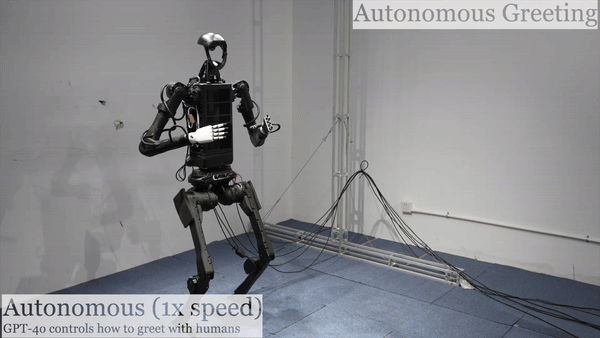
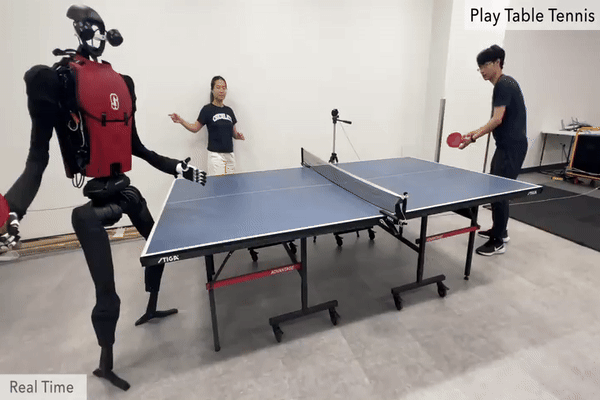
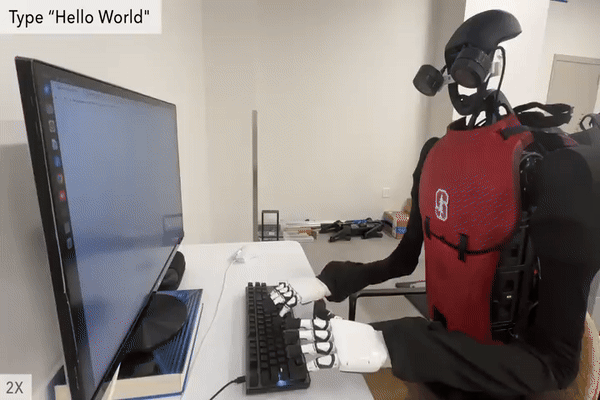
Documentation Highlights
Getting Started: Powering On and Setup
The H1 Documentation provides a comprehensive guide to ensure a smooth setup process. This includes detailed sections covering:
- Powering On and Off – Step-by-step instructions to safely start and shut down your robot.
- Basic Operation – Learn the fundamentals of interacting with the H1 robot.
- Operation Guide – Detailed insights into navigating the robot's interface and features.
- Network Setup & IP Addresses – Simplified instructions for configuring network connectivity for seamless communication.
This foundational information ensures that you can quickly power on and begin utilizing the H1 while minimizing potential troubleshooting. The guides provide clarity and confidence for users at every stage, from initial setup to advanced operations.
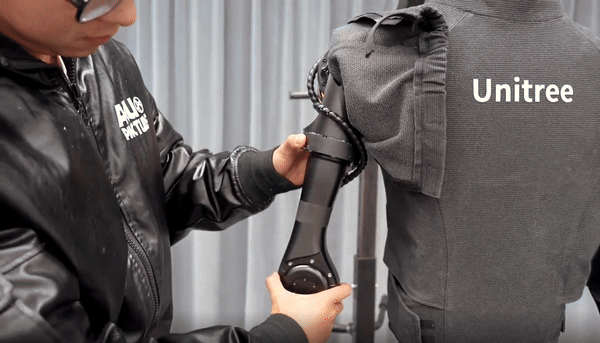
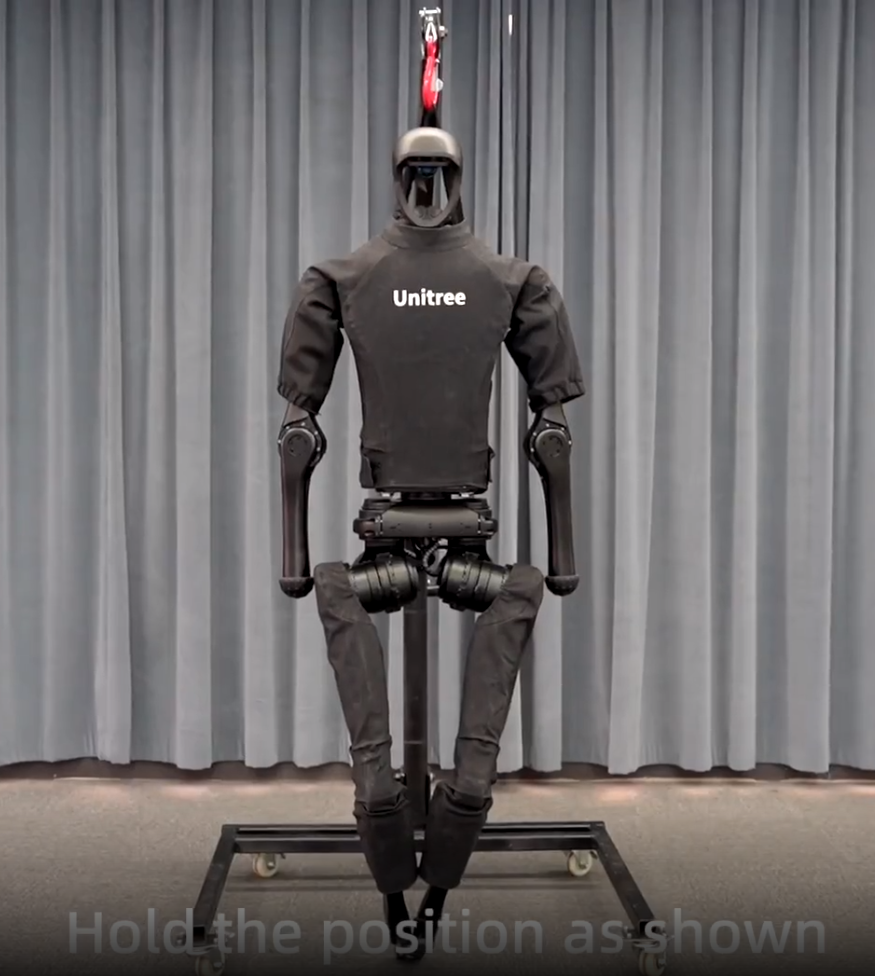
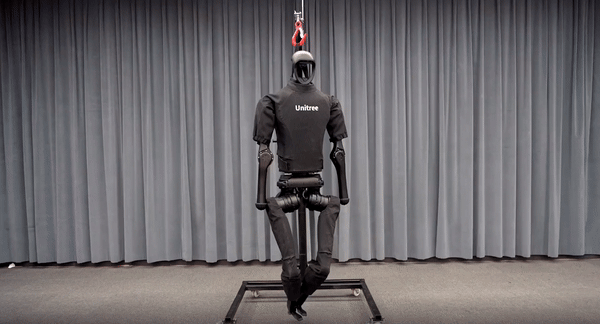
Advanced Robot Control and Integration
The H1 Documentation dives into extensive control and integration features for experienced developers and researchers. Key sections include:
- Robot Control Setup – Configure the control systems for precise operations.
- Drivers Setup – Ensure compatibility with your development environment.
- Visualization Tools – Real-time visual feedback for advanced debugging.
- Teleoperation – Guide the H1 remotely with ease.
- Steamdeck Integration – Streamline your operations using a Steamdeck controller.
- Leg Control Mode – Optimize individual leg functionality for custom applications.
- Arm Low-Level Control – Detailed guidance on fine-tuning the robotic arm for precision tasks.
- MoveIt2 Integration – Explore advanced motion planning solutions.
- Low-Level Control – Leverage Unitree's provided examples and run the qre_h1 driver for full customization, including direct motor commands.
With these tools and integrations, you can adapt the H1 to fit a wide array of use cases, from dynamic motion algorithms to sophisticated multi-agent setups.
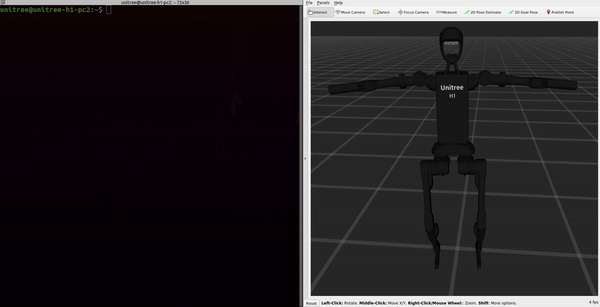
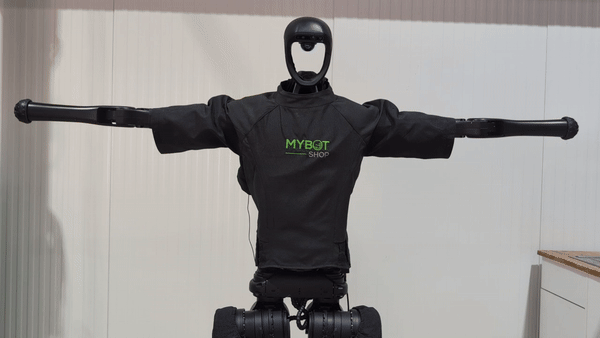
Drivers and Sensor Integration
The H1 Documentation provides a detailed breakdown of integrating and utilizing advanced sensors for enhanced robot capabilities. Key topics include:
- Driver Setup – Step-by-step instructions to configure and launch critical drivers.
- Intel RealSense D435i – Utilize the depth camera for precise 3D mapping and object tracking.
- MID360 LiDAR – Enable accurate environmental awareness and obstacle detection.
- Real-Time Feedback – Monitor sensor outputs to fine-tune performance and diagnostics.
By following these guides, users can integrate high-performance sensors into their H1 robot to tackle complex challenges, such as navigation in dynamic environments, robust obstacle avoidance, and detailed environmental scanning. This ensures seamless operation and enhanced robot functionality in diverse scenarios.
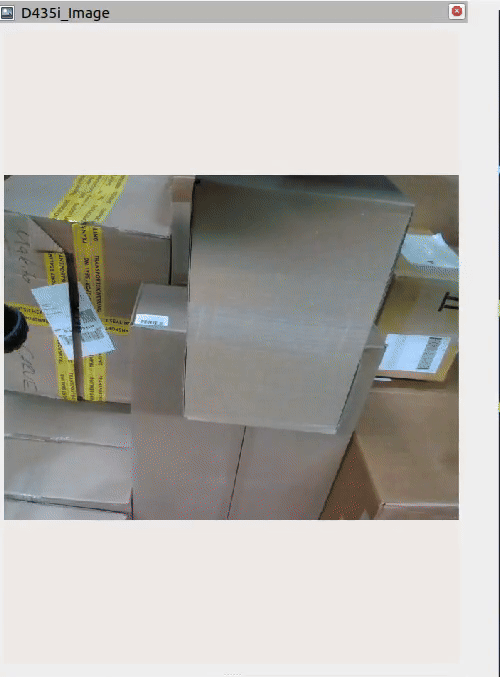
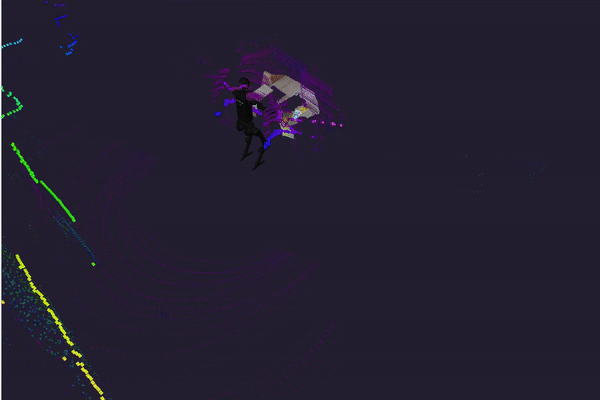
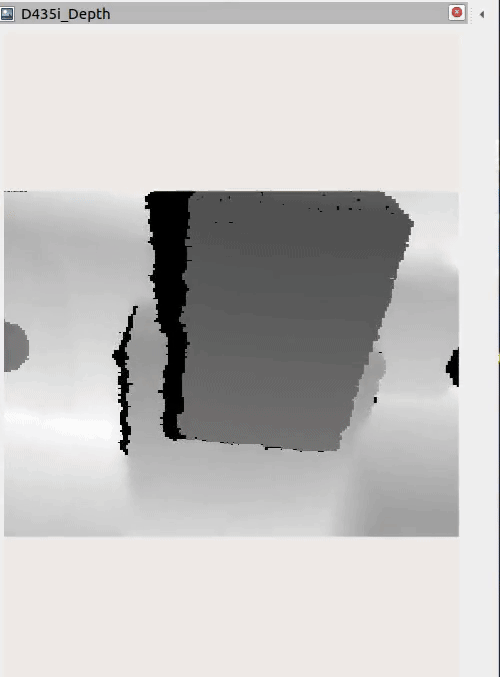
The H1 Documentation serves as an essential resource for researchers and developers aiming to push the boundaries of robotics. With the advanced leg control mode, users can explore precise and dynamic locomotion algorithms tailored to challenging terrains or custom movement patterns. The arm low-level control feature provides unparalleled flexibility for manipulating objects and performing intricate tasks with robotic precision. Integrating sensors such as the Intel RealSense D435i and MID360 LiDAR opens up exciting avenues for environmental perception, enabling applications like 3D mapping, depth-based navigation, and collaborative multi-robot systems. Combined with the powerful qre_h1 package, users have access to a highly customizable framework that allows them to prototype, iterate, and deploy solutions for both academic research and industrial applications. The possibilities are virtually limitless, empowering the community to create groundbreaking innovations with the Unitree H1 robot.
Looking Ahead: Exciting Features in Development
The journey with the Unitree H1 is far from over! Exciting advancements are on the horizon, with future updates to the documentation set to cover pivotal topics such as SLAM (Simultaneous Localization and Mapping), odometric navigation, and map-based navigation. These features will enhance the H1’s autonomy, enabling it to navigate dynamic environments and execute complex tasks with precision and reliability. Whether for research or industrial applications, these capabilities will further establish the H1 as a cutting-edge solution in robotics.
For more detailed guides and tools, including a quick guide on integrating Unitree H1 with Isaac Sim on Ubuntu 22.04, specifically using ROS2 Humble and Isaac Sim 4.0.0, visit the H1 | Isaac Sim | ROS2 Quick Guide. If you have questions or need assistance, feel free to contact us at support@mybotshop.de.





